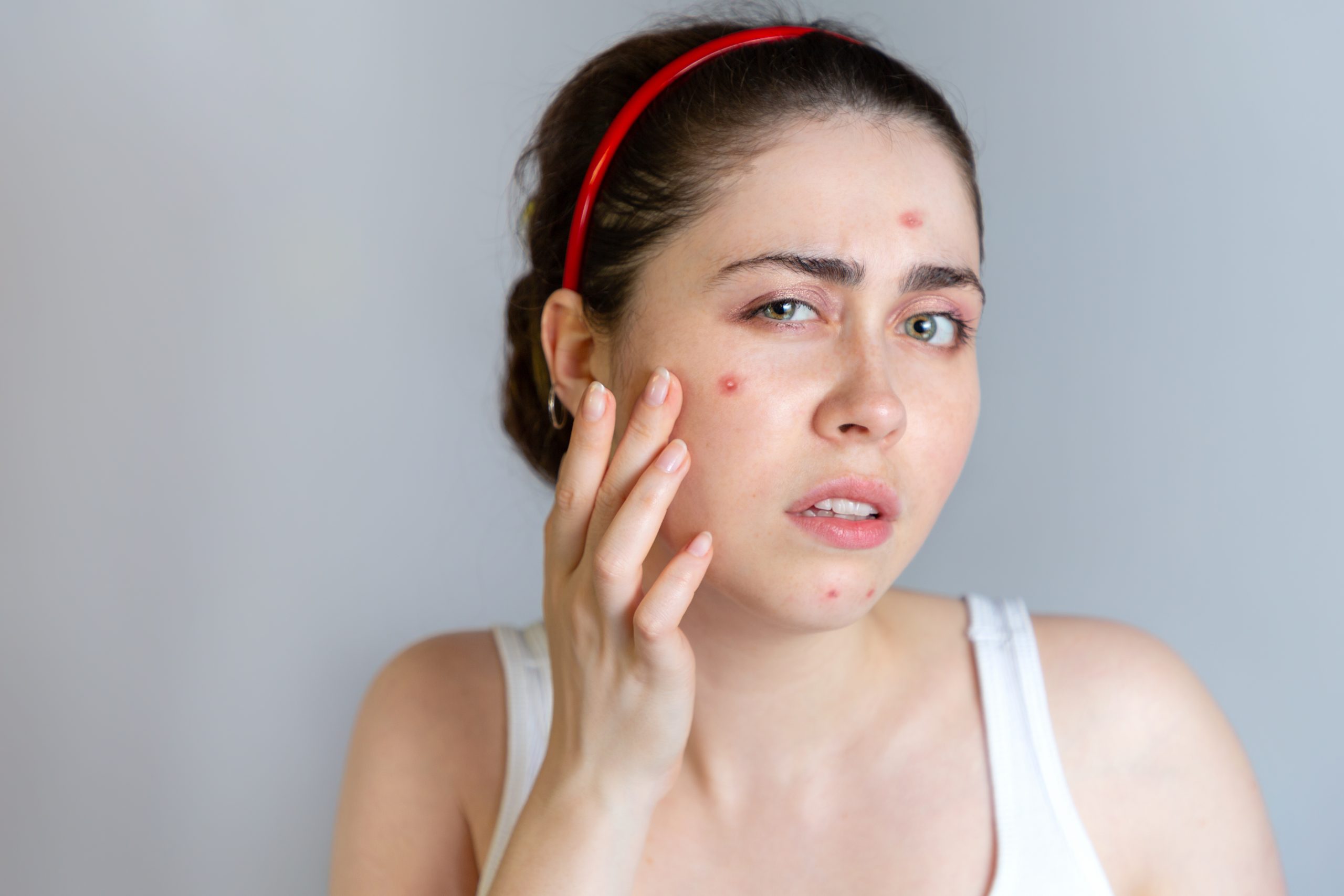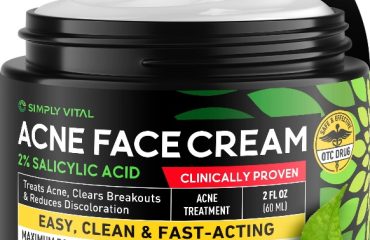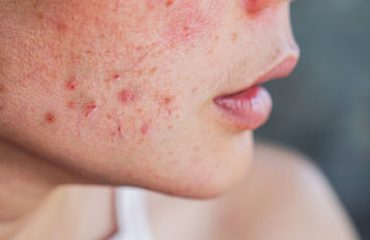When acne becomes severe and resistant to other treatments, Accutane (also known as isotretinoin) often becomes the last and most effective solution. This powerful medication can completely transform your skin, but it’s important to understand what the process involves and what you can expect during treatment.
What Is Accutane?
Accutane is a vitamin A–derived medication that works by reducing the size and activity of oil glands in your skin. By lowering sebum (oil) production, it prevents clogged pores and the bacterial growth that causes acne. Unlike topical creams or antibiotics, Accutane targets acne at its root — offering a long-term solution for cystic and nodular acne.

How Accutane Clears Your Skin
The effects of Accutane build gradually. In the first few weeks, many patients notice a temporary “purge” phase, where acne may worsen before it starts to improve. This happens as the medication pushes existing blockages to the surface. By the second or third month, new breakouts usually become less frequent and milder.
By the end of a typical 4–6 month course, most people see a dramatic reduction or complete clearance of acne. Studies show that nearly 85% of patients experience permanent improvement, with smooth, clearer skin that lasts years after treatment ends.
What to Expect During Treatment
Since Accutane is a potent drug, dermatologists carefully monitor every patient. Before starting, you’ll undergo blood tests to check liver function and cholesterol levels. Women must also use birth control, as the medication can cause birth defects.
Common side effects include:
- Dry lips and skin
- Nosebleeds (from dryness)
- Increased sun sensitivity
- Temporary muscle aches
Drinking plenty of water, applying moisturizers and lip balms, and using a broad-spectrum sunscreen daily will help manage these effects. Your dermatologist may adjust your dosage as your body adapts.

After the Treatment: Long-Term Results
Once your course is complete, oil production remains low for months, and acne rarely returns. For some patients, minor touch-up treatments may be needed, but for most, Accutane delivers permanent results. The skin continues to heal, scars fade over time, and self-confidence naturally improves.
Tips for the Best Results
- Avoid waxing and harsh exfoliation during treatment.
- Stay consistent with your dermatologist appointments.
- Eat a balanced diet and limit alcohol to support liver health.
- Use gentle cleansers and non-comedogenic moisturizers to protect your skin barrier.
Conclusion
Accutane is more than just an acne medication — it’s a life-changing treatment for those struggling with persistent, painful breakouts. With proper medical guidance and realistic expectations, you can achieve lasting clear skin and newfound confidence. Always follow your dermatologist’s instructions, take care of your skin during treatment, and enjoy the transformative results that Accutane can bring.




